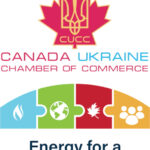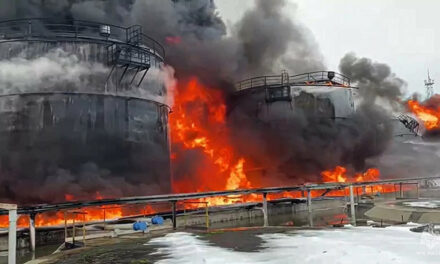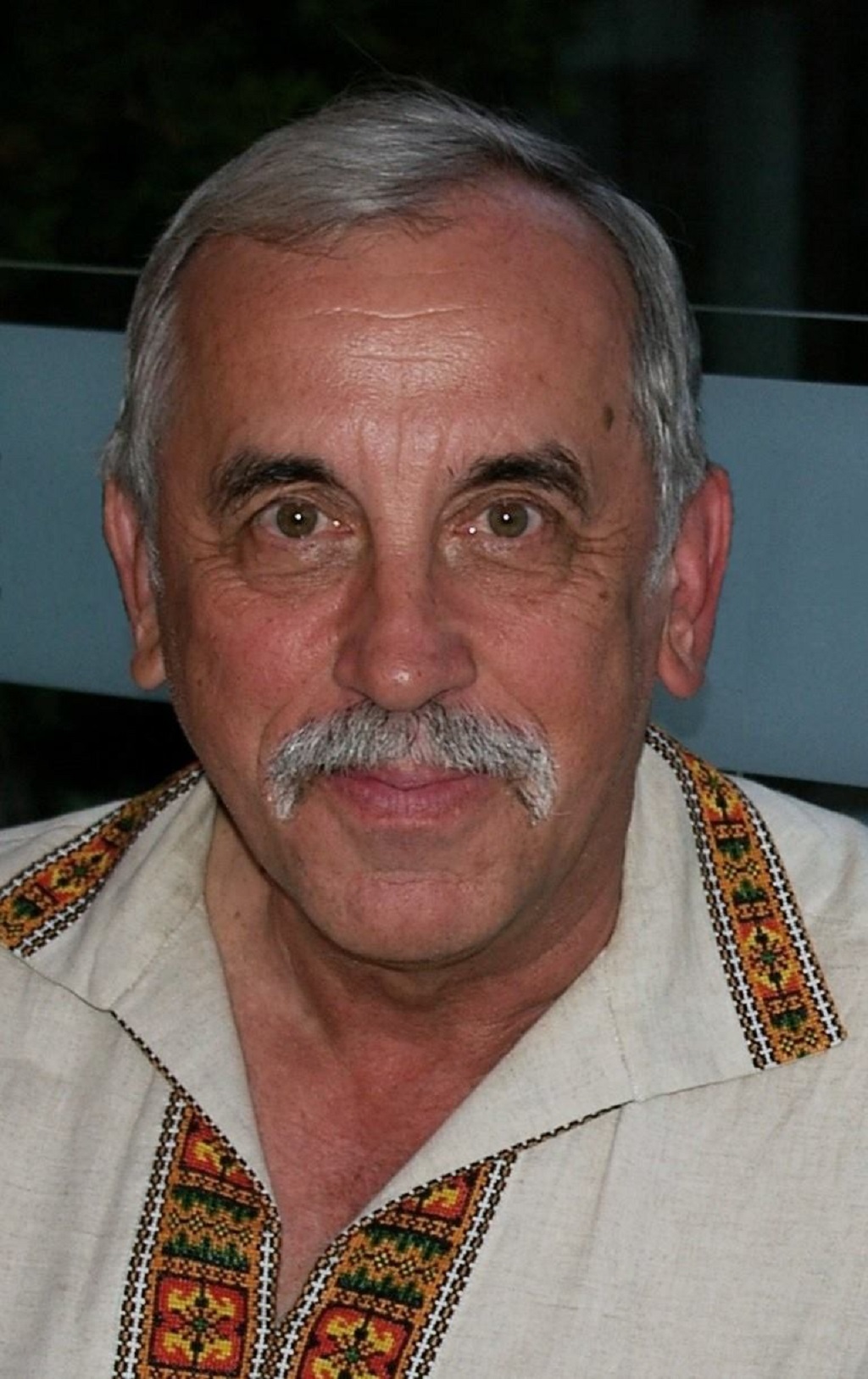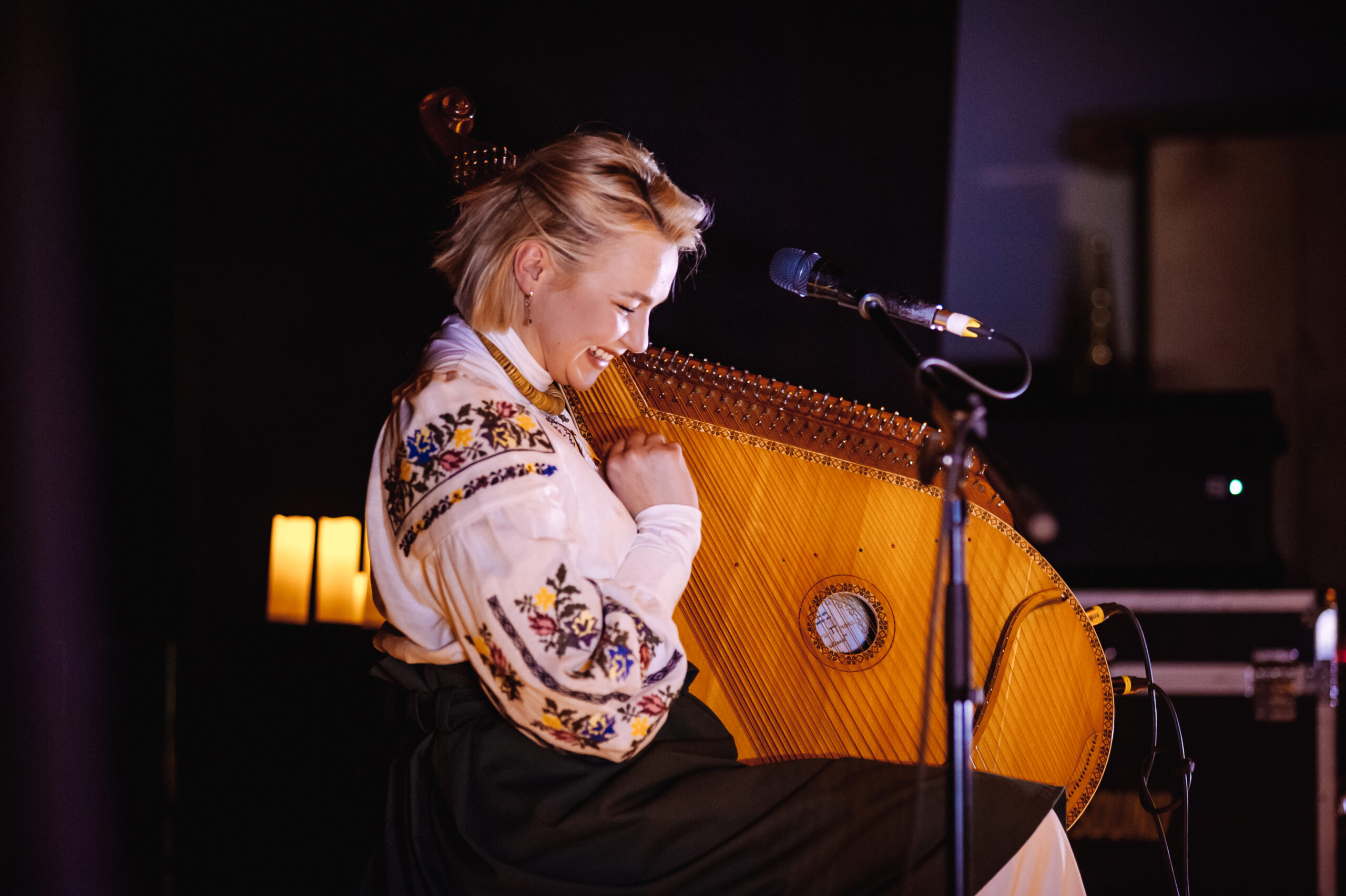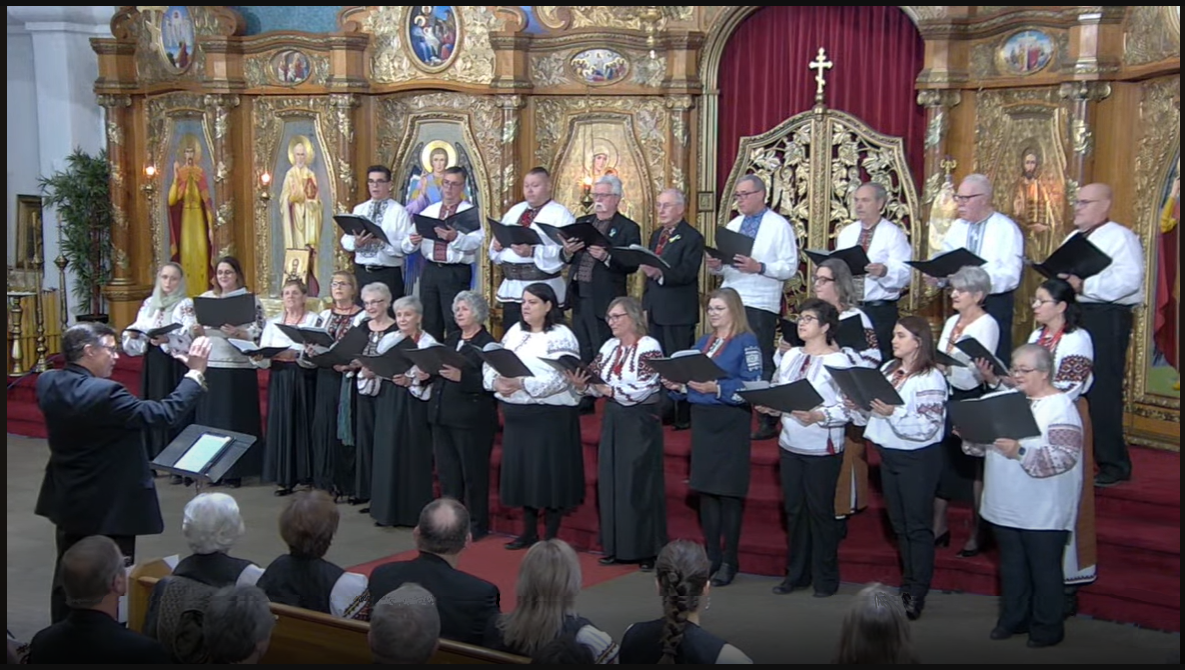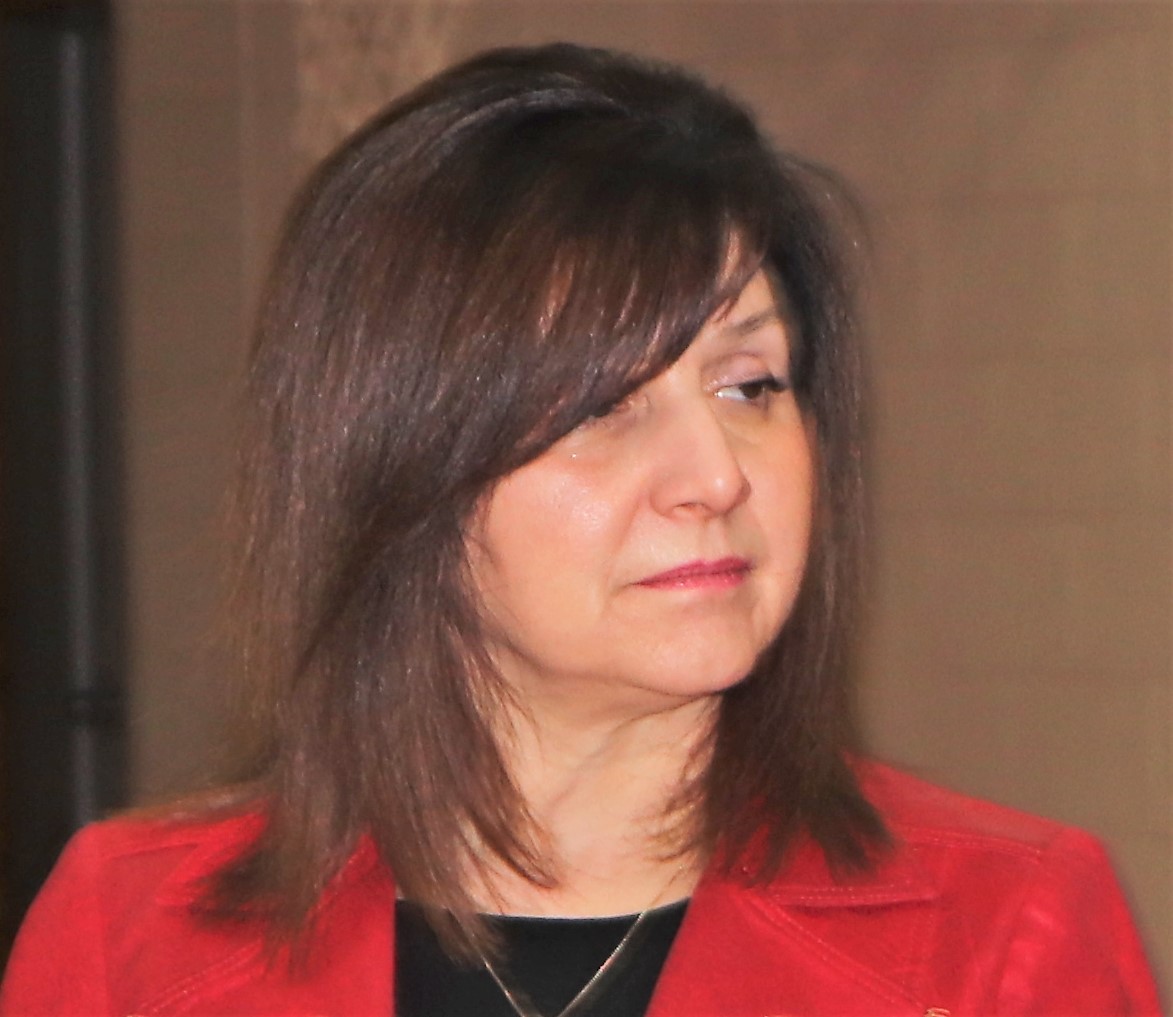Volodymyr Kish.
Back some months ago, I wrote an article about some of the words used by Ukrainians living in western Ukraine that were distinctively different from those spoken in the rest of that country. I became aware that there was a regional dialect when I first visited Ukraine, and in particular central and eastern Ukraine, when some of the Ukrainian vocabulary I had picked up from my parents or from Ukrainian school here in Canada, was met with either puzzlement or some degree of amusement. How was I to know that ‘pliatsky’ (potato pancakes), were called ‘deruny’ across most of Ukraine.
To make things even more confusing, as I later travelled throughout the country, I discovered that potato pancakes were also called by a large variety of other names, depending on where you lived. In the Ternopil area they are more commonly known as ‘tertiukhy’; around Uzhorod they are called ‘kremzlyky’; near the Belorusian border they are called ‘bulbanyky’ or ‘batsony’; in southwestern Ukraine they are known as ‘kartoplyanyky’; in most of eastern Ukraine they are called ‘dranyky’, while in certain specific towns and regions they can also be referred to as ‘betsy’, ‘matsyhony’, ‘riplianyky’, ‘kyzlyky’, ‘googli’ or ‘reselovanyky’. Regardless of what they were called, they were absolutely delicious wherever I ate them.
Of course, western Ukraine, being on the border of Europe, has had significant exposure to a lot of different ethnic influences, leading the folks living there to acquire a rich vocabulary, much more varied than that of their cousins further east. This was aided and abetted by the fact that Ukrainians as such, are a fusion of many related though once distinct Slavic tribes that until recent centuries did not have a lot of contact with each other.
I have become fascinated with the Halychanskiy or Lviv dialect and have written a number of articles on the subject. Invariably readers have sent me their own contributions which keeps my personal collection of “Halychanisms” growing. I have also done further research using Ukrainian sources and would like to share a few more of my philological and linguistic discoveries.
There are many words and expressions in this dialect that vary only slightly in spelling or pronunciation from those used in other parts of Ukraine. Good examples of this are ‘tsiotsia’ or ‘teta’ vs ‘titka’ (aunt), ‘pyets’ vs ‘pich’ (stove), ‘yoy’ vs ‘oy’ (exclamation – Oh my), ‘yapko’ vs ‘yabluko’ (apple), ‘laba’ vs ‘lapa’ (paw), and ‘mnyaso’ vs ‘myaso’ (meat).
There are also many words and expressions that are obviously borrowed or inherited through frequent contact with other ethnic groups. From the German we got ‘spatseruvaty’ (to take a walk), ‘buterbrod’ (sandwich), ‘lager’ (camp), ‘mashtab’ (scale), ‘kelikh’ (shotglass), ‘tsybulia’ (onion), ‘farba’ (paint) and others. From the French, we got ‘arsenal’ (arsenal), ‘partyzan’ (partisan), ‘aktor’ (actor), ‘salat’ (salad), ‘biurokrat’ (bureaucrat), and ‘kotleta’ (cutlet). From Hungarian we got ‘buloczka’ (bun), ‘nakaz’ (order, decree), ‘zayava’ (statement), ‘shablya’ (sword), and ‘khutir’ (small village). From Turkish we got ‘kozak’ (Kozak), ‘kavun’ (watermelon), ‘chumak’ (ox-cart driver) and ‘ottaman’ (Kozak leader). From the Poles we got ‘shliub’ (wedding), ‘kshondz’ (priest), ‘lialka’ (doll), and ‘obitsiaty’ (to promise) amongst others.
Amongst my favourites in this realm are words and expression of unknown provenance that I used to hear my parents and their friends use regularly. When my father got angry at someone doing something stupid, he used to call him a ‘yolop’ (dumb person, nincompoop) or a ‘varyat’ (lunatic). When surprised by something, my mother used to say ‘bihme’ (egad, indeed). My parents did not ‘hovoryly’ (talk), they ‘balakaly’. If you were being a sissy, you would get called a ‘niunka’. If you were sloppy, you would be called an ‘oferma’. If you complained too much, you were told not to ‘yoykaty’. If you wanted to kiss somebody, you would ‘tsiomaty’ them. And of course, one of my favourites (which I did not get from my parents), was the euphemism for engaging in sex – ‘tsiuptsiatysia’.
There are also a large number of adjectives and adverbs that are typically only commonly used by the Halychany (Western Ukrainians). They will say ‘faino’ instead of ‘harno’ (nice), ‘fest’ instead of ‘duzhe’, (very, strongly, quickly), ‘zatsmakaniy’ instead of ‘pyaniy’ (drunk), ‘zakim’ instead of ‘doky’ (until), and ‘tsikho’ instead of ‘tykhenko’.
All this of course is neither good nor bad as some purists would have it. It just is. Language and its usage is a very dynamic thing that cannot be governed or constrained.
Share on Social Media














